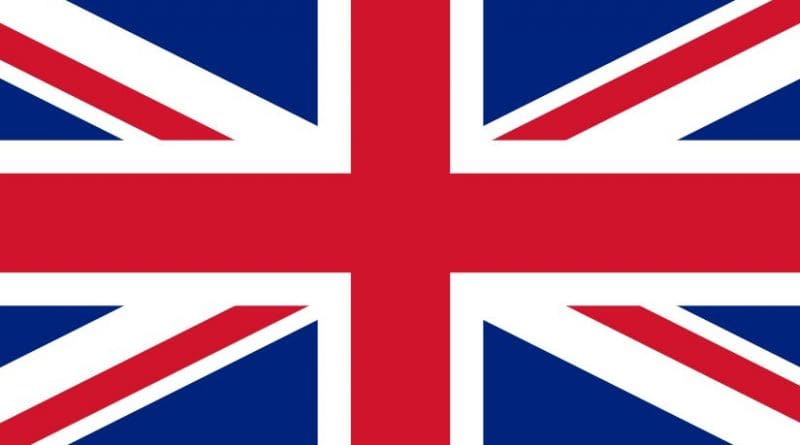What A Good EU-UK Deal Means For Europe – OpEd
By EurActiv
By Tom Parker*
(EurActiv) — With the meeting of EU heads of state this week, all eyes are on Brussels to see what David Cameron will be able to agree with other EU leaders as the basis for UK’s new relationship with the EU.
Of course the other side of the coin is what does the settlement mean for the rest of Europe?
I, for one, hope that European leaders see it as an opportunity to positively move forward and fix the systemic problems that riddle the current EU architecture and have played a major role in it lurching from one problem to the next in recent years.
With enthusiasm for the EU at all-time lows in many member states and national parties, that make UKIP look like cuddly kittens, chomping at the bit to trash the EU project growing in popularity, treaty change is off the table.
The UK’s new settlement offers the possibility of a new vision for Europe: a Europe of multi-tiers that provides the flexibility EU 28 needs to embrace the very real differences of its member states but does not throw away its integrity and power as an internal market, global trading block and leader of ideas, or stop those that want to go deeper from doing so.
The implication of the UK-EU new settlement should be seen as positive in our rapidly evolving global context and a backdoor for other member states to forge new relationships with the EU that are stronger and more resilient to the rising tide of national EU-phobia.
Prime Minister David Cameron is likely to head back to London with a new settlement that many notable and long-standing EU observers did not believe was possible. Aside from its ability, or not, to wrestle key Conservative figures such as Boris Johnson and Theresa May into the Yes camp, the detail of the settlement will never satisfy die hard No campaigners and so is unlikely to have a bearing on the referendum. This will not be fought on detailed technicality but on much broader themes like security, wealth and freedom.
Meanwhile, in other European capitals, people will be wondering where it leaves them now? The Germans (and Dutch) are already asking whether they got in bed with the wrong partner (i.e. France). The Poles will be wondering how they can continue to balance the Franco-German axis (which post the economic crisis is more broken than ever) and resist the euro. And France it seems is still trying to figure out what sort of country it wants to be in the 21st century.
All the while, the perception that the EU just goes from one crisis to another, is run by out of touch arrogant bureaucrats and speaks in meaningless jargon means that popular support for the European project will fade away unless a new vision is given.
So while headlines this week will be on the UK referendum the fundamental question of what’s in it for Europe becomes more significant than ever. The genie is out of the bottle!
*Tom Parker is CEO of Cambre Associates, a Brussels-based public relations and public affairs consultancy.
All opinions in this column reflect the views of the author(s), not of EurActiv.com PLC.

